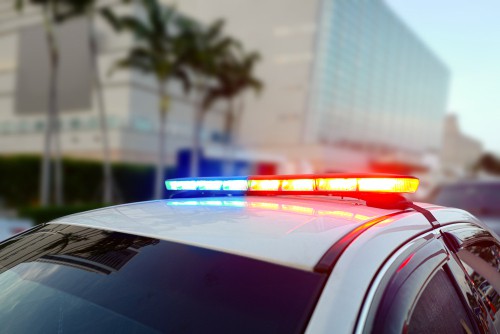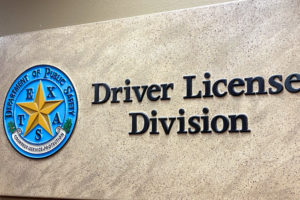
The first offense of DWI in Texas is a class B misdemeanor charge for being intoxicated while operating a car, boat, aircraft, or other machinery. According to Texas Penal Code 49.01, intoxication refers to a lack of mental or physical faculties due to excessive alcohol consumption or having a blood alcohol concentration (BAC) of .08 percent or more.
If your first offense for DWI in Texas included a special circumstance such as an injury/fatality, a BAC of 0.15 percent or more, or driving drunk with a minor in the vehicle, then your charge may be elevated to a felony instead of a misdemeanor. If so, your penalties will be far more severe than with a standard DWI.
Standard and Criminal Penalties for a First-Offense DWI
The legal consequences for a first-offense DWI may include either standard or criminal penalties depending on the circumstances of your arrest.
Standard DWI Penalties (Misdemeanor)
According to the Texas Department of Transportation, If you are lawfully arrested for a DWI, the state of Texas may impose administrative or standard penalties such as:
- A fine of up to $2,000
- Jail time of 3 to 180 days
- License suspension of up to 1 year
- Annual license renewal charge of $2,000 to $3,000 for 3 years
- DWI education program
- Ignition interlock device
Criminal DWI Penalties (Felony)
If your DWI includes special circumstances, then you may face felony charges followed by criminal penalties including:
- A fine of up to $10,000
- Prison sentence of up to 20 years
- License suspension of 2 years to life
- Annual license renewal charge of $2,000 to $3,000 for 3 years
- Mandatory alcohol addiction treatment
- Loss of vehicle
In addition, you may also face probation or have to perform up to 600 hours of community service. If you are driving a commercial vehicle while you are drunk, then you may lose your professional license or CDL for life.
Turning a Misdemeanor DWI Into a Felony DWI
The state of Texas classifies a first-offense DWI as a Class B misdemeanor. However, special circumstances may elevate the misdemeanor to a felony. These circumstances may include:
Intoxication Manslaughter
If a person is killed as a result of drunk driving, then the DWI becomes a second-degree felony. The prosecuting attorney must demonstrate that there is a direct correlation between your intoxication and the death of the individual.
Intoxication Assault
If a person is injured as a result of drunk driving, then the DWI becomes a third-degree felony. While not as severe as intoxication manslaughter, the penalties for intoxication assault are much tougher than a normal DWI. Plus, you may face a lawsuit from the victim or their family.
Driving with a Minor
If you are driving drunk with a child under the age of 15 years, you may be charged with both a DWI and child endangerment. A combined charge can increase your penalties significantly. Furthermore, you may lose parental rights if the minor was your child.
High Blood Alcohol Concentration (BAC)
The legal limit for blood alcohol concentration is 0.08 percent. If you have a BAC of 0.15 percent or higher, your misdemeanor DWI may turn into a felony.
Refusing a Breathalyzer Test in a First-Offense DWI
When you obtained a driver’s license in Texas, you entered into an implied consent agreement with the law. As such, you implied consent to a breathalyzer test when pulled over on suspicion of a DWI. However, you do have a choice to refuse a breathalyzer or blood test. You are not obligated to take a field test or a test at the jail.
The immediate penalty for refusing a breathalyzer test is losing your license for up to 180 days. An administrative license revocation (ALR) hearing will determine how long you lose your license. To begin the process, you must contact the Texas Department of Public Safety (TXDPS) within 15 days of your arrest.
Hiring a Lawyer to Help You with Your Case
Whether your first-offense DWI is a misdemeanor or a felony, you may be able to beat your DWI charge or get your sentence reduced with the help of a DWI lawyer in Dallas, Texas. A lawyer can review your case and discuss your legal options. Your lawyer can also represent you in court and work with the prosecution to get you the best possible outcome.
A legal team can investigate all aspects of your case and obtain evidence of your innocence. If you plead “guilty” or “no contests to the charges” against you, your lawyer may be able to work out a plea bargain in your favor. In either case, getting legal counsel may give you better results in court.

We Help Clients Who Have Been Charged with a DWI
Regardless of the circumstances of your arrest, you deserve legal representation from a law firm that truly cares about your case. The Law Offices of Randall B. Isenberg has helped hundreds of clients in DWI cases. We can help you. Call (214) 696-9253 today.










